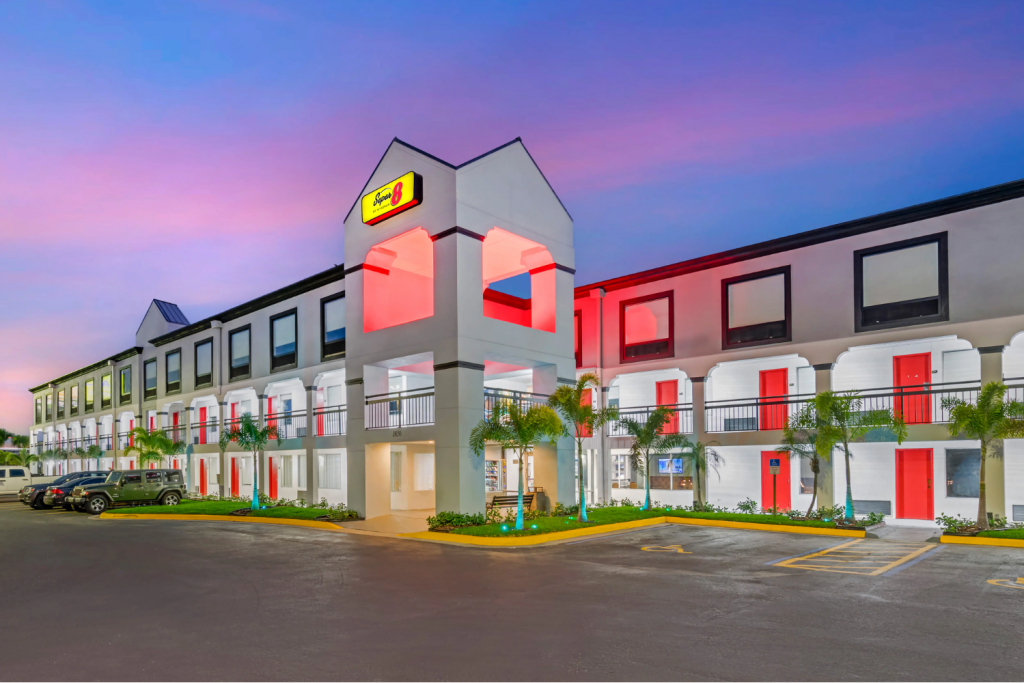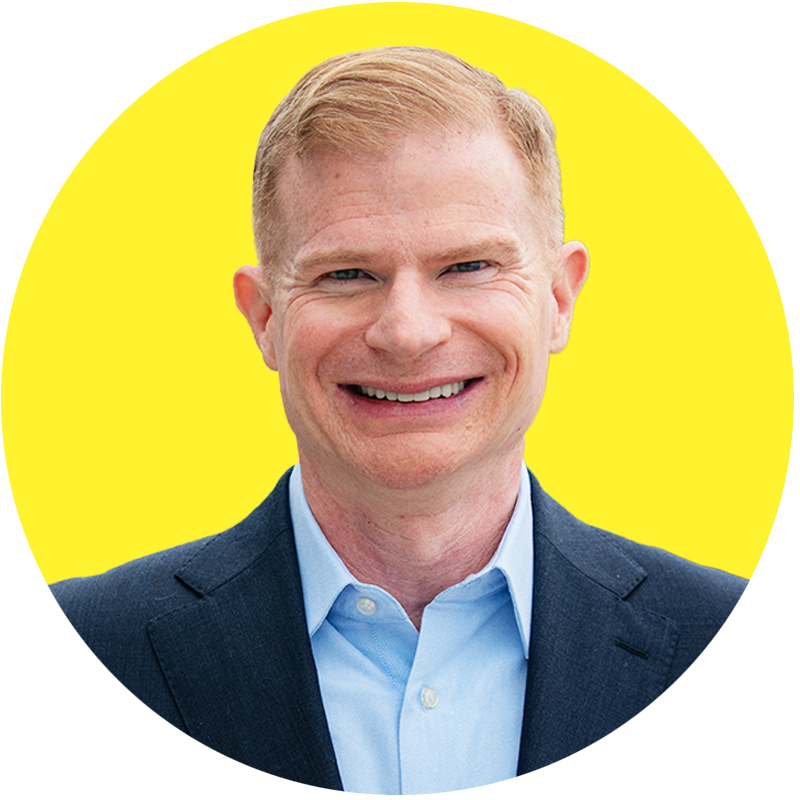Wyndham this week announced a plan to open 100 new hotels in Saudi Arabia in the next 10 years. All will be under the group’s Super 8 brand, one of the most budget-friendly options in its portfolio, and a contrast to the string of luxury brands Saudi has signed in recent years.
“I’ve always been saying that in order for the Kingdom of Saudi Arabia to meet its numbers and its targets and in order to provide a holistic hospitality model, it has to be inclusive, not exclusive,” Wyndham’s EMEA President Dimitris Manikis told Skift.
According to Knight Frank, only 6% of Saudi’s hotel pipeline is in the economy and midscale segments.
Manikis called the plan a natural part of Saudi’s evolution. “It’s happening because the hospitality industry in the kingdom is going full cycle. It started with luxury. It’s going into branded residences. It is going into the economy and the premium economy, where we come in. And it will do exactly what I’ve been saying all along. It will make travel possible for all.”
In May 2024, Saudi’s tourism authority told Skift just 20% of the kingdom’s eventual hotel supply would be four-star and above.
What’s the Timeline?
The first Super 8 will open sometime next year, with Saudi hotel operator Le Park Concord running all the properties under a franchising deal. While 100 hotels is the goal, Manikis said just three hotels are being discussed right now.
“At the moment, [Le Park Concord] is negotiating at least two or three,” he explained. “And as they go along, the number will increase. Remember, the most important thing for me at this point is the proof of concept. The moment you will have the first two or three, and your proof of concept, again, the sky’s the limit.”
Manikis expects a slow start after next year’s debut, but then an acceleration as more people take notice.
“You will see a phased approach and more traction as the years go by. So you’ll see in the beginning, less growth. Because once we get the traction and once you prove the thesis and your hypothesis, you will see more coming every year. It’s all about the proof of the hypothesis.”
Where Will They Be?
The properties will be all over, including Riyadh, Jeddah, Makkah, Madinah, Al Khobar/Dammam, and surrounding areas. They will be placed wherever the most infrastructure development is happening, including highways that connect developed parts of the country.
Manikis said: “Wherever the need is, and wherever there is an opportunity, as the infrastructure develops across the kingdom, this is where we’re going to be focusing on developing those Super 8s.”
Around 30% of the hotels will be conversions of existing hotels and 70% will be new builds, Manikis explained.
In particular, Wyndham sees a chance to stitch together Saudi’s many unregulated hotels using the Super 8 brand. Unlicensed hotels are particularly prevalent in Saudi’s holy cities, which drive the greatest tourism numbers. At the start of 2023, authorities announced they had closed more than 300 hotels and furnished apartments in Makkah and Medina for failing to comply with standards.
“My belief is when people, owners will start seeing the success and the ease to convert of those Super 8s, I bet you there’s gonna be a lot of demand for those independent, smaller properties to get the right funding and convert their brand to a Super 8, or convert the hotel to a Super 8 brand,” Manikis said.
What About Funding?
Unlike most large-scale hotel signings you see in Saudi, Wyndham’s is being done without public sector funding. While building a Super 8 is cheaper relative to other brands, when done en masse, the costs will add up.
Manikis wouldn’t give a price tag for 100 potential hotels, but said Le Park Concord will be announcing a fund in the coming days.
“They’re putting together a real estate fund, a REIT, in order to support the development of those Super 8s. So they have the buckets, they have the funders, they have the plan.”
Not only is Wyndham bucking the trend by seeking private investment, Manikis said he’s purposefully steering away from government funds.
He said: “At the moment, the government is actually limiting its exposure from a funding perspective. So, while it has the tick of the box from the government, we don’t depend, or our partners do not depend on the government funding. They have their own source of funding. And actually, to be fair, that’s a business model that has more longevity and validity because it’s all investor-driven.”


